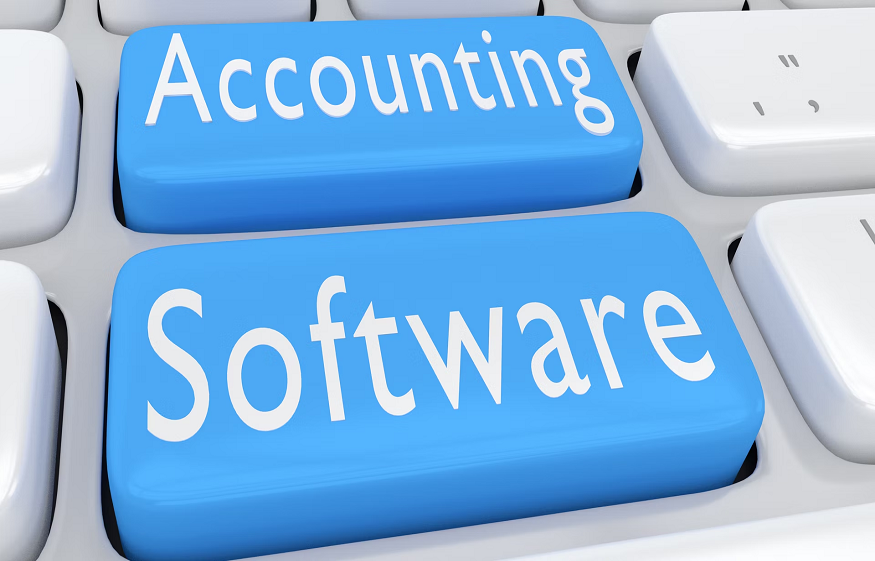
Essential Features to Look for in Construction Accounting Software
In the world of construction companies and contractors, managing finances and accounting can be a complex task. With numerous projects, multiple stakeholders, and intricate financial transactions, it becomes crucial to have reliable and efficient accounting software specifically designed for the construction industry. The right software can streamline financial processes, enhance productivity, and provide real-time insights into project profitability. In this article, we will explore the essential features in accounting software for construction companies and contractors.
Project Cost Tracking:
One of the primary requirements for accounting software for contractors is the ability to track project costs accurately. It should offer a comprehensive system to monitor expenses, labor costs, materials, subcontractor payments, and overheads. With robust project cost tracking, contractors can analyze and control expenditures, identify cost overruns, and make informed decisions to optimize profitability.
Job Costing and Estimation:
Accurate job costing and estimation play a pivotal role in the success of construction projects. Accounting software for construction companies should have built-in features to create detailed project estimates, including labor, materials, equipment, and indirect costs. It should enable contractors to compare estimated costs with actual expenses, facilitating better cost control and more precise future estimations.
Integration with Construction Management Systems:
Construction accounting software that seamlessly integrates with construction management systems can significantly improve operational efficiency. Integration enables a seamless flow of data between accounting and project management, reducing manual data entry, minimizing errors, and saving valuable time. It allows project managers and accountants to collaborate effectively and have a holistic view of the project’s financial health.
Payroll and HR Management:
Construction companies often deal with a large workforce, including both employees and subcontractors. A robust accounting software should have integrated payroll and human resources (HR) management capabilities. It should handle complex payroll calculations, track employee time and attendance, manage benefits and deductions, and generate accurate payroll reports. By streamlining payroll processes, contractors can ensure compliance, reduce errors, and improve employee satisfaction.
Purchase Order and Subcontractor Management:
Efficient management of purchase orders and subcontractors is crucial for smooth construction operations. The accounting software should enable contractors to create and track purchase orders, manage vendor invoices, and streamline the subcontractor payment process. It should also provide tools to evaluate subcontractor performance, monitor insurance and licensing compliance, and maintain proper documentation.
Financial Reporting and Analytics:
Construction accounting software should offer robust financial reporting and analytics capabilities. It should generate customizable reports, such as profit and loss statements, balance sheets, cash flow statements, and job cost reports. These reports provide valuable insights into project profitability, cash flow management, and overall financial performance. Additionally, advanced analytics features can help identify trends, forecast future financial outcomes, and make data-driven business decisions.
Compliance and Tax Management:
Compliance with tax regulations and industry-specific accounting standards is crucial for construction companies. The software should have built-in tax management functionalities, including automated tax calculations, tracking of tax liabilities, and generation of tax forms. It should also support industry-specific accounting methods, such as percentage of completion (POC) or completed contract (CC), ensuring accurate financial reporting and compliance with regulatory requirements.
Mobile Accessibility and Cloud Integration:
In today’s digital era, construction professionals need access to financial data on the go. Construction accounting software should have mobile accessibility, allowing users to manage finances and access critical information from anywhere, at any time. Additionally, cloud integration enables secure data storage, automatic backups, and seamless collaboration across teams, further enhancing productivity and data security.
Change Order Management:
Construction projects often involve change orders, which can impact project costs and timelines. The software should have a robust change order management feature that allows contractors to track and document changes, assess their impact on project budgets and schedules, and generate change order invoices seamlessly. This feature ensures transparency and helps mitigate disputes or misunderstandings with clients.
Equipment and Asset Management:
Construction companies rely heavily on equipment and assets to execute projects efficiently. Accounting software should have capabilities to track and manage equipment rentals, maintenance schedules, depreciation, and asset utilization. By effectively managing equipment and assets, contractors can optimize their usage, minimize downtime, and make informed decisions regarding equipment purchases or rentals.
Subcontractor Compliance and Insurance Tracking:
Contractors often work with subcontractors who need to meet certain compliance and insurance requirements. The accounting software should provide tools to monitor subcontractor compliance, track insurance certificates, and manage subcontractor payment with holdings. This feature ensures that subcontractors meet regulatory standards, mitigates risk, and enhances project safety.
Document Management:
Construction projects involve a multitude of documents, including contracts, invoices, purchase orders, and receipts. The accounting software should offer document management capabilities, allowing users to store, organize, and retrieve important financial documents in a centralized and secure digital repository. This feature facilitates easy document sharing, reduces paper clutter, and improves overall document control and auditability.
Conclusion:
Choosing the right accounting software for construction companies and contractors is essential for efficient financial management. It should encompass features like project cost tracking, job costing and estimation, integration with construction management systems, payroll and HR management, purchase order and subcontractor management, financial reporting and analytics, compliance and tax management, as well as mobile accessibility and cloud integration. By investing in a robust accounting software solution fom Foundation Software, companies can streamline financial processes, optimize profitability, and ensure long-term success in the competitive construction landscape.

